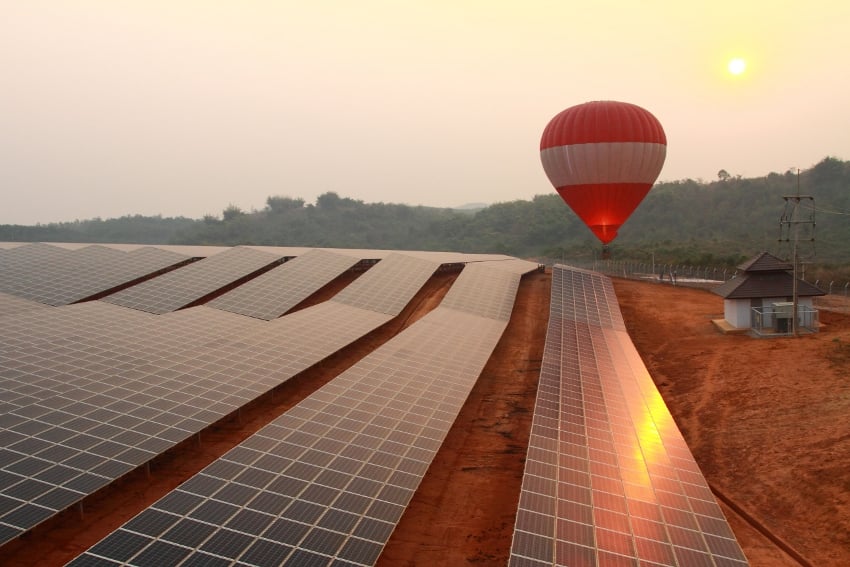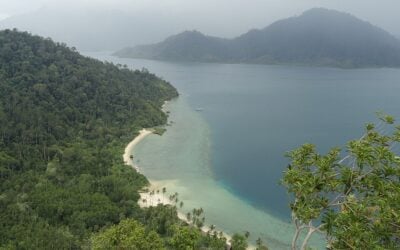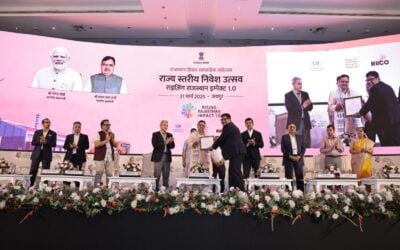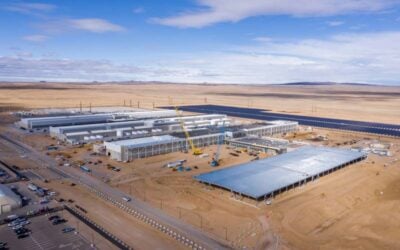
Submissions for Thailand’s first 300MW hybrid PPA scheme, which encourages use of energy storage to supplement renewable energy generation, are due by 20 October.
Earlier this year, Thailand’s Ministry of Energy announced the hybrid scheme and the Energy Regulatory Commission (ERC) brought out details of the related 20-year power purchase agreements (PPAs) over the summer.
Enjoy 12 months of exclusive analysis
- Regular insight and analysis of the industry’s biggest developments
- In-depth interviews with the industry’s leading figures
- Annual digital subscription to the PV Tech Power journal
- Discounts on Solar Media’s portfolio of events, in-person and virtual
Franck Constant, president of renewables and storage investment platform Constant Energy, told our sister site PV Tech that the regulator has been trying to promote the development of energy storage batteries and the PPA requirement of having a fixed output during the day opens up an opportunity for renewable energy developers to add energy storage capabilities.
In a briefing note, international law firm Watson Farley & Williams stated: “Thailand’s previous renewable energy PPAs were ‘nonfirm’ and accommodated the delivery of electricity below the installed capacity of the power plant. However, the new hybrid PPAs will be ‘firm’ in order to reduce the variation in intermittent energy sources, and will require a continuous baseline level of production not previously seen in stand-alone solar or wind farms.”
Watson Farley & Williams explained that the ‘firm’ element of the PPAs requires the power producer to deliver between 98% and 102% of the PPA capacity during peak periods, which in Thailand is the daytime period between 9am and 10pm on weekdays. The PPA then limits power output at other times to 66.3% of the PPA capacity.
Projects must be between 10-50MW in size. The law firm suggested that the 65% baseline requirements could be achieved through biomass, biogas and refuse-derived fuel, while solar, wind and small hydro combined with storage batteries could bring generation up to 100% during the peak daytime periods.
Watson Farley & Williams also noted: “Fossil fuels (such as natural gas) can only be used to the extent required in the startup process of a power generator, but coal is not permitted in any circumstances.”
The scheme comes with a feed-in tariff (FiT) for renewables of THB3.66/kWh (US$0.111), which is split between a FiT for the fixed tariff component of THB1.81/kWh and a FiT for the variable tariff component of THB1.85/kWh.
The 300MW are mostly located in the south, north and north-eastern regions:
| Region | Target allocation (MWs) |
|---|---|
| Bangkok | 15 |
| Central region (excluding Bangkok) | 20 |
| Western | 20 |
| Eastern | 20 |
| Northern | 65 |
| North Eastern | 60 |
| Southern (Excluding Phuket and Samui) | 65 |
| Phuket | 20 |
| Samui | 15 |
Projects will be awarded via a competitive bidding process, with applicants required to specify a percentage discount rate of the FiT for the fixed tariff component. Projects are due to be commissioned between January 2020 and the end of 2021.
To date, energy storage has made little progress in Thailand and while its large-scale PV progress rests largely in a complicated cooperative scheme, its corporate PPA sector is thriving.






